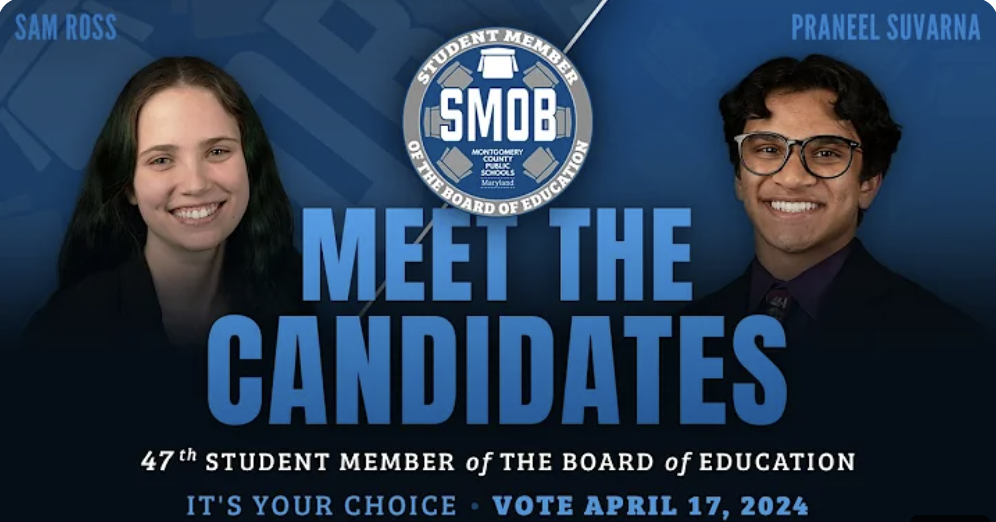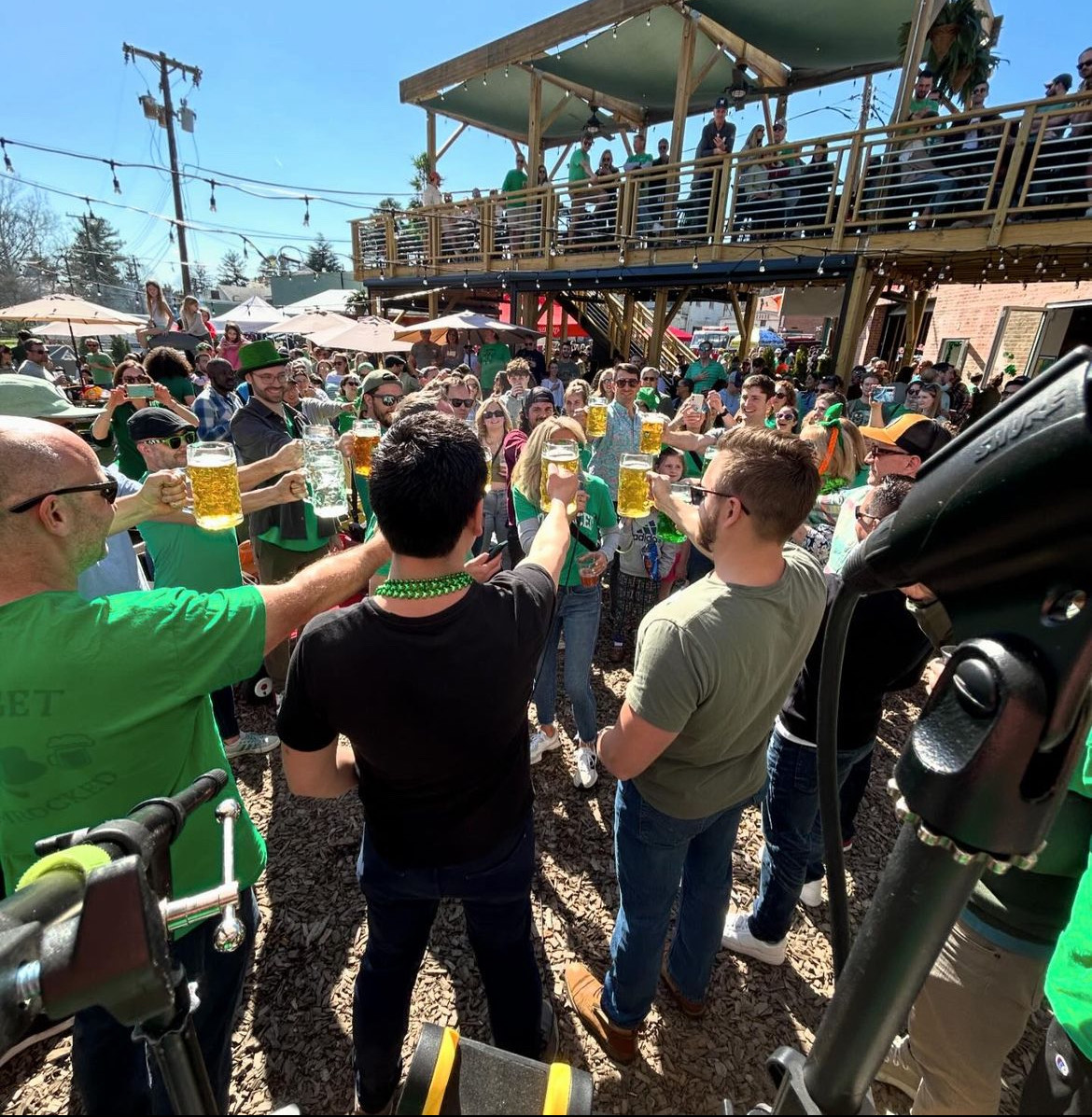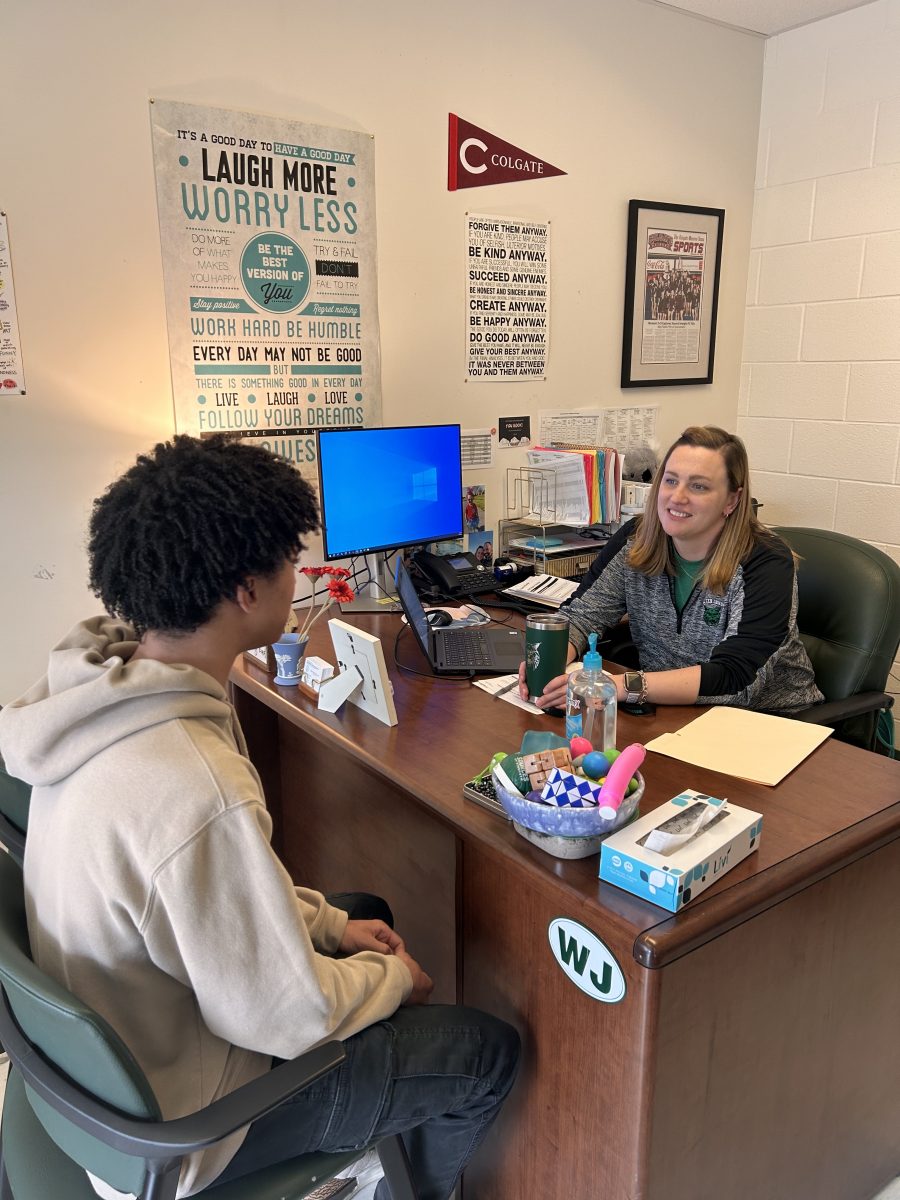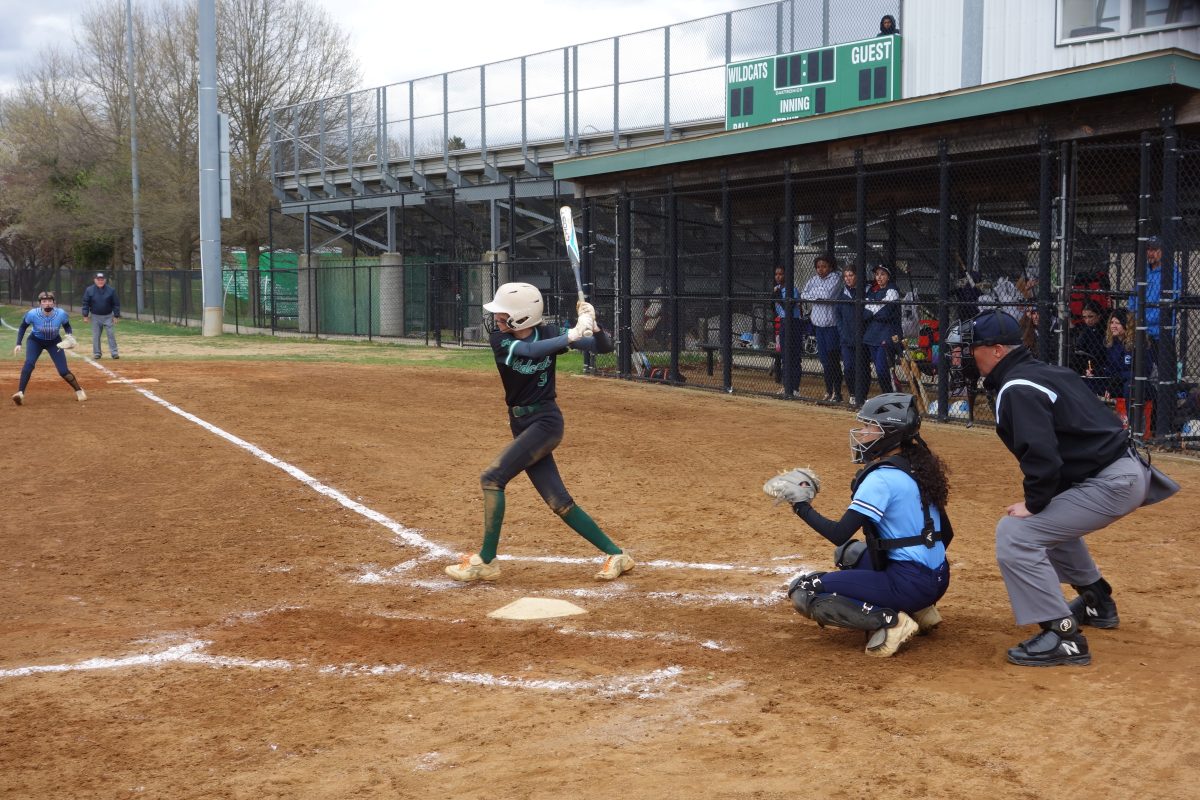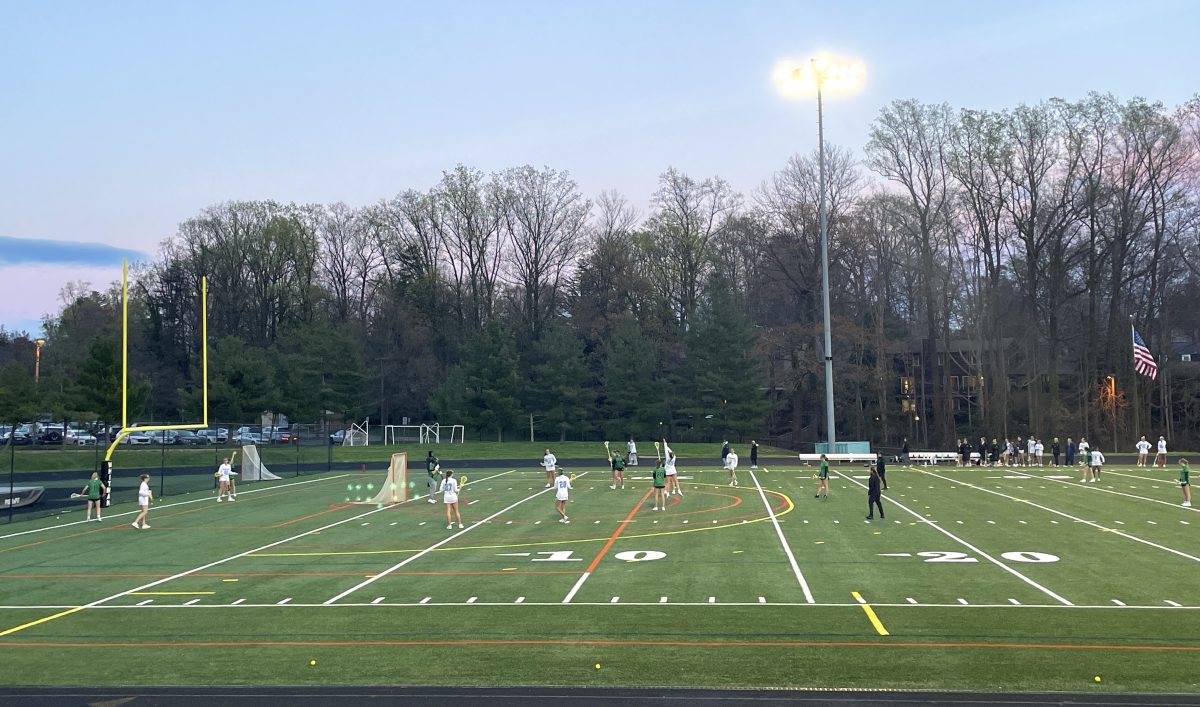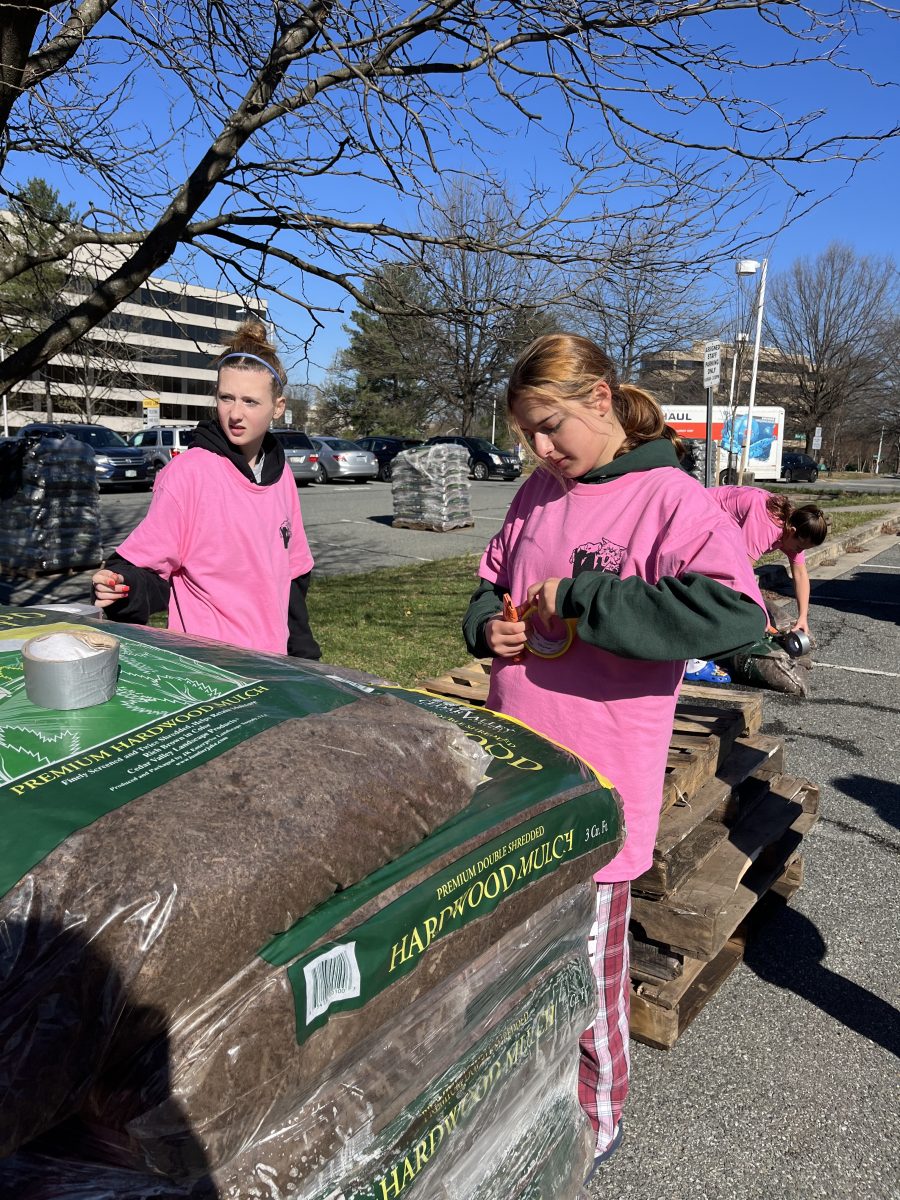Since the shooting of 18-year-old Michael Brown on Aug. 9, Ferguson, MO has been a topic of hot debate. The words “Hands up! Don’t shoot!” have spread like wildfire throughout social media and news networks as people everywhere have expressed their outrage at the circumstances surrounding Michael Brown’s death.
According to the statements of witnesses at the crime scene, the unarmed 18-year-old Normandy High School graduate was shot and killed by police, while he was attempting to surrender. Although Missouri is states away, the Ferguson controversy has greatly impacted WJ and Montgomery County at large.
Senior Meredith Crenca does not think that Michael Brown’s shooting was justified.
“Police brutality is definitely a problem nationwide,” she said. “He should not have been shot to death.”
Many students feel that officer Darren Wilson, who is responsible for killing Michael Brown, was in the wrong. However, in a controversy such as this, there are always opinions on both sides. Some have expressed that they think the protesters were too violent and a few unnamed individuals have gone as far as donating money to Wilson and his family.
In contrast, senior Sam Hayden said that the majority of WJ students support Michael Brown’s family.
“I think WJ cares about what happened [in Ferguson] and supports Michael Brown’s family and the community there,” Hayden said. “[The citizens of Ferguson] have every right to be emotional and upset, but they should remain within legal rules while protesting.”
Undoubtedly Ferguson’s citizens are in the middle of total turmoil, and some feel they can’t be blamed for their actions.
“[The people of Ferguson] are just very caught up in emotion and acted irrationally at the time, but the police were the ones in the wrong,” Crenca said.
One of the major arguments in the Ferguson crisis is that racism was a driving force behind the shooting. The protests, which some consider riots, were chock full of racist accusations under the impression that Michael Brown’s skin color affected Wilson’s decision to shoot him. It is still unclear if this had an impact on the shooting, however many believe it definitely did.
“Just like in the Trayvon Martin case, I think race definitely played a role,” Crenca said.
Some think that even if race wasn’t a direct cause of the shooting, it could still be affecting peoples actions on a deeper level.
“I think a deep sense of racism that may be subconsciously [present] in the culture there may have caused it,” Hayden explained.
On Aug. 26, the United Nations released an official statement asking for police brutality to end in Ferguson and across the U.S. After examining the U.S. record, the UN Committee on the Elimination of Racial Discrimination revealed minorities have undeniably been disproportionate victims of racial disparities and police brutality in the U.S. Although Montgomery County has not experienced a situation quite like what’s happening in Ferguson, there are suspicions of police racism and unfairness here as well.
Montgomery College freshman Zalika Issiakou said she has seen police unfairness occur in Montgomery County multiple times.
“[For example, one time] I was in the car with friends of mine and they got pulled over by cops for doing absolutely nothing except D.W.B- Driving While Black,” she said.
Racism and police unfairness are both still very prominent issues across the US. Even though Missouri and Maryland are miles apart, the repercussions of Michael Brown’s shooting have definitely affected Montgomery County and our nation as a whole.
“I hope that [after all of this ends,] change occurs, but without the efforts of the entire nation it will be very difficult,” Hayden said.


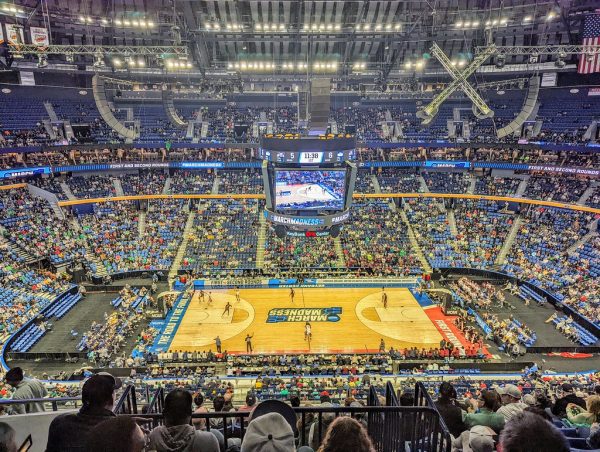
![Sophomore Mason Lee encompasses the persona of his character, Enjolras, during a rehearsal of Act One. I think [rehearsals are] going well and were very on track [with the squedule]... which is good, Student Assistant Director senior Neena Tavik, who is also playing Eponine, said. (Courtesy Sasha Rotton)](https://www.wjpitch.com/wp-content/uploads/2024/03/24466917-801C-45FE-A882-D818DABBDCB8-600x451.jpg)

![Since the collapse of the Baltimore Bridge in late March, federal law enforcement has began investigating what preceded the event. In a statement to CBS News, a spokesperson for the FBI said, [The] FBI is present aboard the cargo ship Dali conducting court authorized law enforcement activity. There is no other public information available and we will have no further comment. (Courtesy Isaac Smay via Flickr)](https://www.wjpitch.com/wp-content/uploads/2024/04/53619368036_399400003a_b-600x400.jpg)

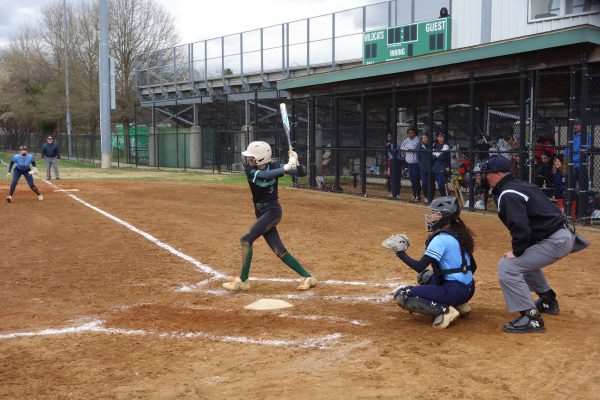

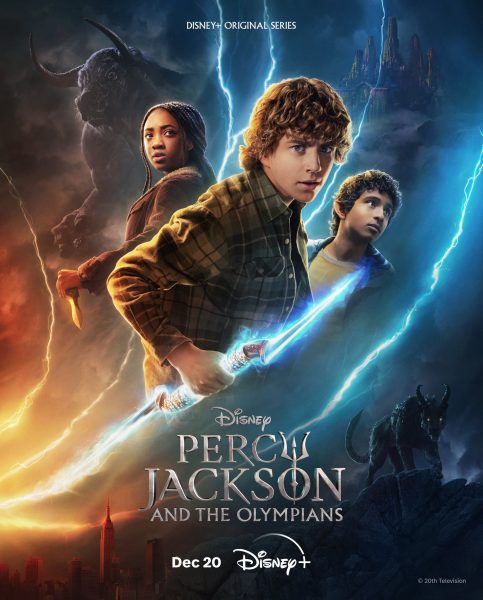
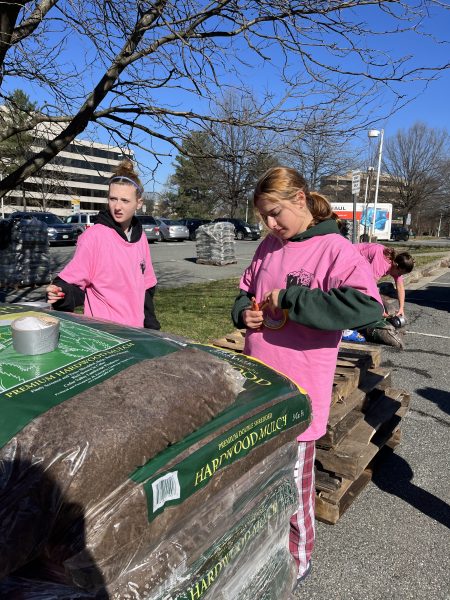
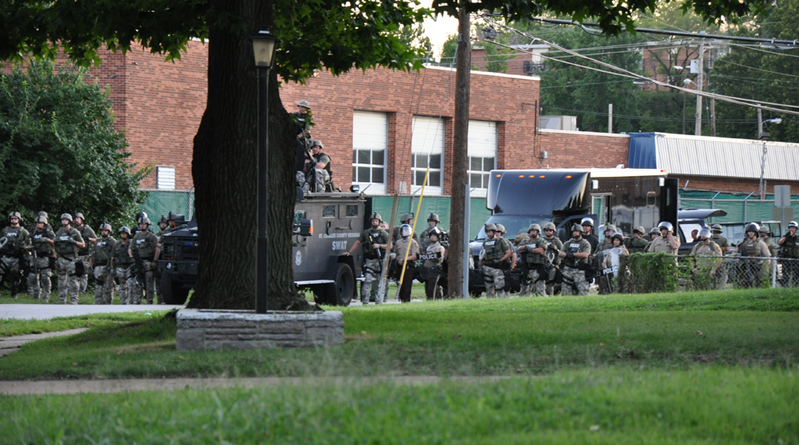
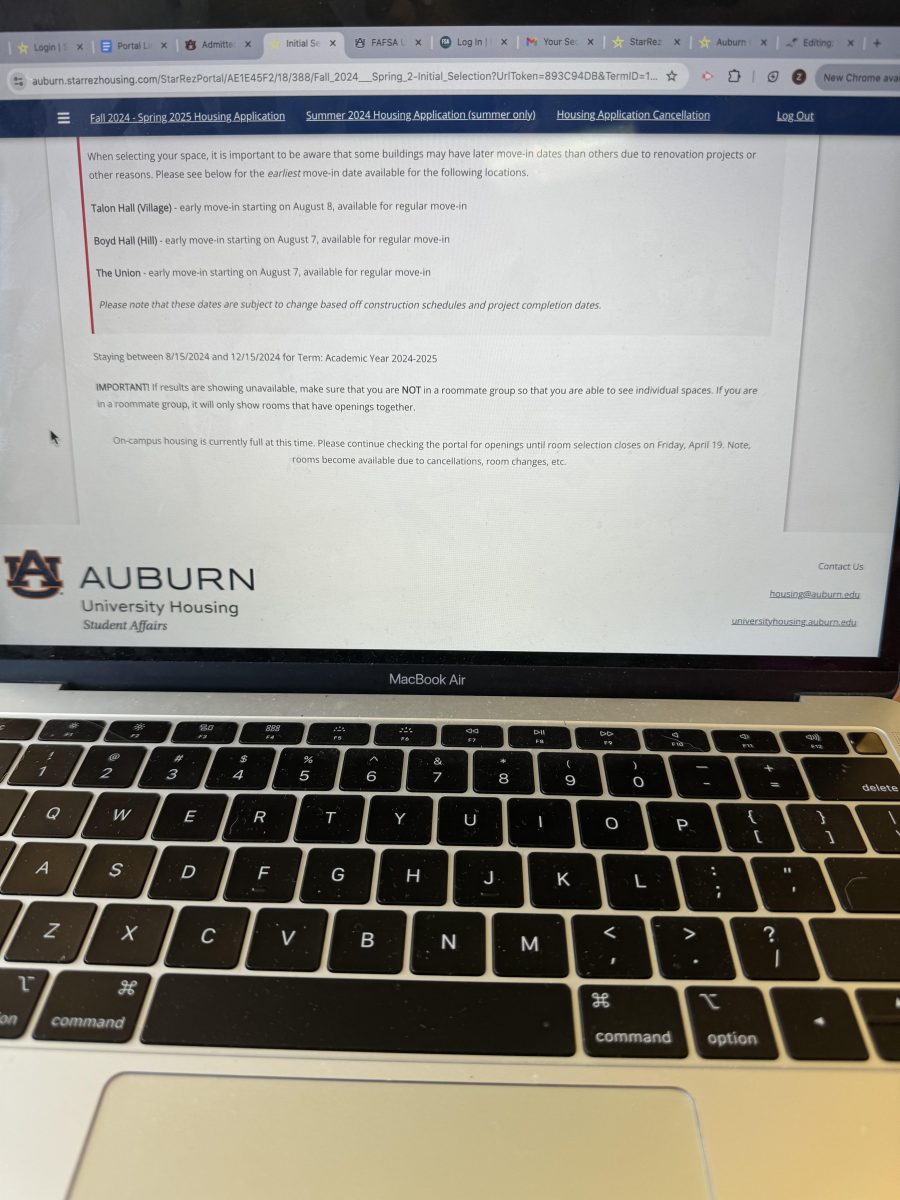
![Since the collapse of the Baltimore Bridge in late March, federal law enforcement has began investigating what preceded the event. In a statement to CBS News, a spokesperson for the FBI said, [The] FBI is present aboard the cargo ship Dali conducting court authorized law enforcement activity. There is no other public information available and we will have no further comment. (Courtesy Isaac Smay via Flickr)](https://www.wjpitch.com/wp-content/uploads/2024/04/53619368036_399400003a_b.jpg)
